Major Questions Does Not Apply to Net Neutrality: FCC
The agency said ISPs Function like DoorDash or GrubHub.
Jake Neenan

WASHINGTON, September 12, 2024 – Broadband is straightforwardly a telecommunications service subject to common carrier regulation, the Federal Communications Commission told federal judges Wednesday.
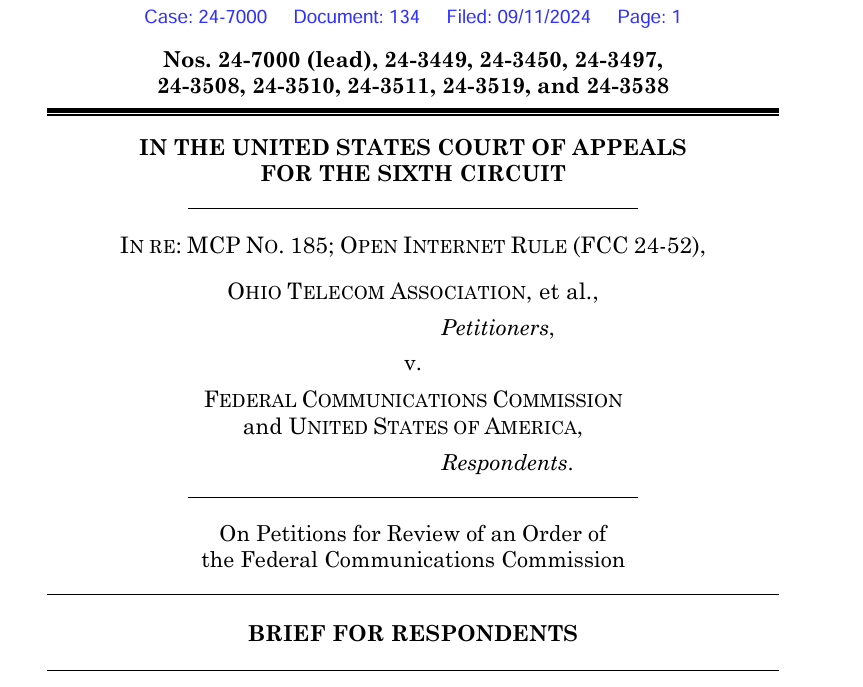
FCC Brief in Net Neutrality Case
“[T]oday’s broadband providers are not like a pizzeria that delivers its own pizza to customers; they are akin to DoorDash or GrubHub, the delivery companies that deliver food from third-party restaurants,” the FCC wrote in a brief. “These companies do not make or alter the food they deliver.”
The agency is trying to keep alive its net neutrality order, which would classify ISPs as telecom providers and increase the FCC’s regulatory authority over them.
A three-judge panel of U.S. Court of Appeals for the Sixth Circuit put the rules on pause last month, writing that industry groups were likely to succeed in getting the policy struck down. ISPs argued the rules violated the Supreme Court’s major questions doctrine, which blocks agencies from deciding “issues of vast economic and political significance” without explicit Congressional approval.
The pizzeria-versus-GrubHub distinction is important for the agency’s argument. The FCC told judges the major questions rule does not supersede the best reading of a statute, in this case the Telecommunications Act, which defines telecom services as offering “the transmission, between or among points specified by the user, of information of the user’s choosing, without change in the form or content of the information as sent and received.”
“That doctrine has been applied when an agency asserts authority to do something different in kind from what it has done in the past or that greatly diverges from its statutory mission. That is not the case here.” the agency wrote in a brief signed by FCC attorney Scott Noveck. “Determining whether broadband is a telecommunications service or an information service is just one variant of a familiar task squarely within the FCC’s expertise.”
A set of consumer groups filed a brief in support of the FCC, arguing against applying the major questions doctrine in part on the basis that reclassifying broadband doesn’t clear the vast economic significance bar.
“Indeed, ‘not a single ISP representative raised the issue of Title II on their full-year 2023 results calls,’ despite full awareness of the likelihood of reclassification,” the groups wrote. “The absence of discussion about Title II in investor communications is strong evidence that the regulatory classification is not a significant factor in ISPs’ investment decisions.”
In addition to reclassification being a major question, the broadband industry has argued to the Sixth Circuit that ISPs offer an information service – the ability to interact with and publish information online, rather than pure transmission through a “dumb pipe.” The companies said they would be akin to a pizza shop also offering delivery.
The pizza analogies are references to a well-known dissent in NCTA v. Brand X, a 2005 Supreme Court case in which the high court ruled the FCC could classify cable broadband as an information service. The agency cited the case yesterday as affirming its ability to define services as it sees fit, while industry has said the case cemented broadband as an information service.
Oral arguments in the case are slated for this Halloween, on October 31.


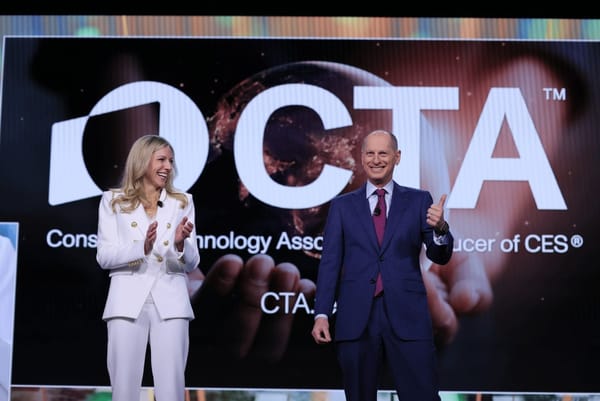
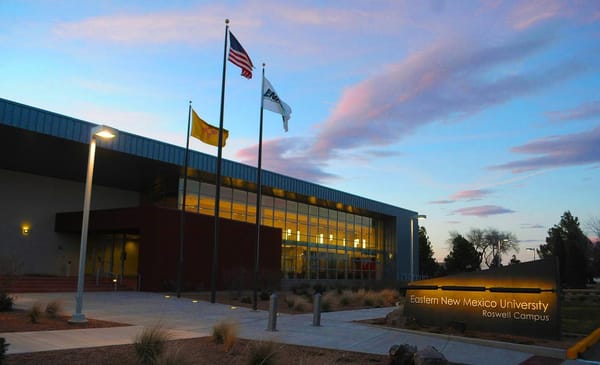
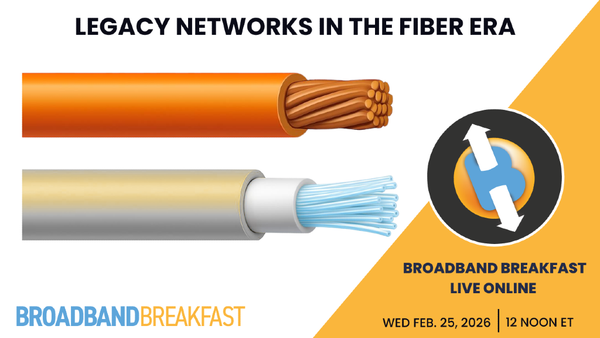
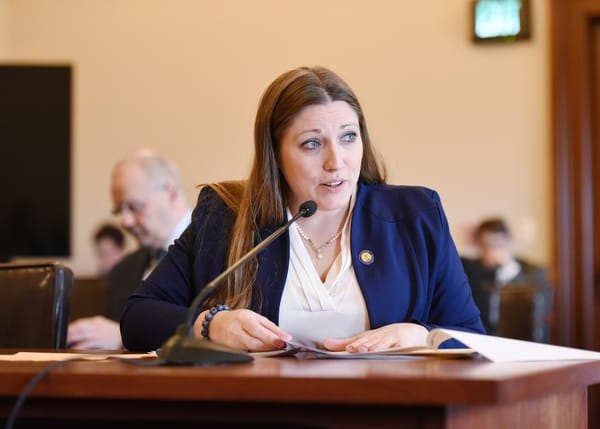
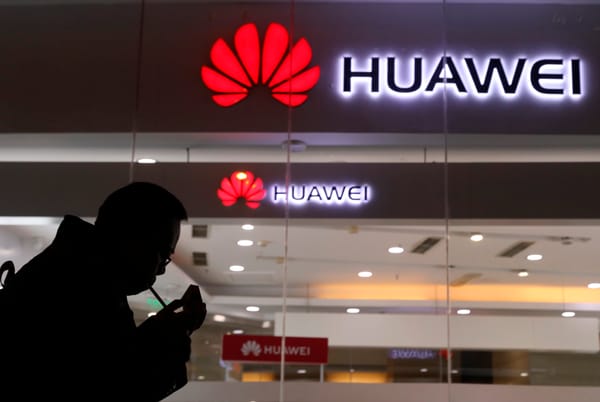



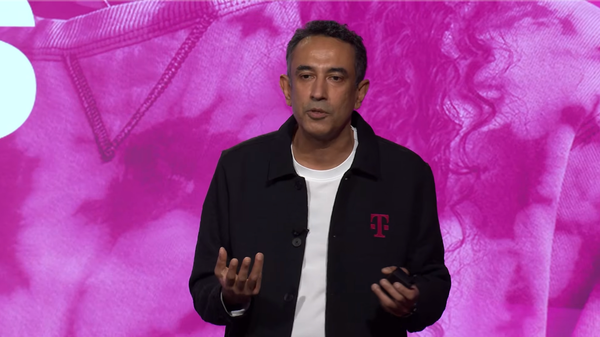
Member discussion